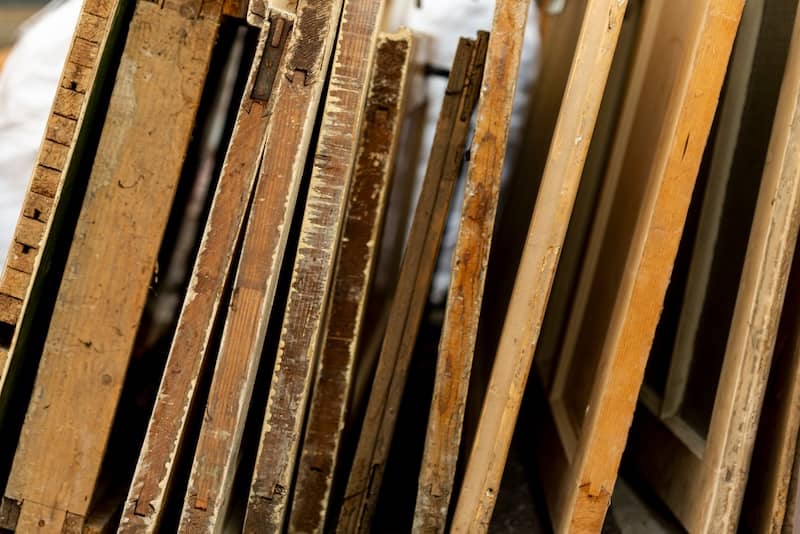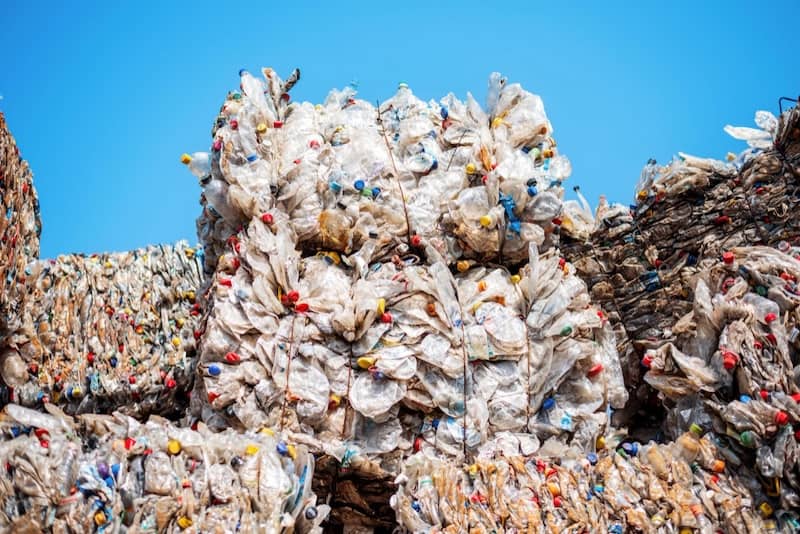Whether you’re trying to clean out the backyard in preparation for summer or you’ve been making tracks across the state in your suave SUV, you might find yourself with a common and difficult-to-dispose-of article of garbage – scrap tires. It used to be acceptable to drop these unyielding pieces of rubber anywhere, including local lakes, landfills, and roadsides. Then, people discovered, the tires were having negative impacts on the environment, leaching heavy metals into the soil, causing fires, and providing breeding grounds for disease. Laws were enacted to control tire disposal.
So how do you get rid of tires? Where are you legally allowed to put them?
Option 1: The Lake
Hopefully, this one was a no-brainer. Tires don’t belong in lakes. Though they may disappear under the surface of the water, they cause pollution of waterways by leaching heavy metals and other toxic chemicals as they slowly decompose. Waste tires can cause havoc to entire ecosystems as they slowly poison fish and freshwater plants, not to mention the genuine possibility of adding carcinogens (cancer-causing chemicals) to water supplies.
Option 2: A Gas Station
Sometimes, large gas stations or truck stops have a tire collection trailer or plot where you can dispose of your scrap tires. However, most do not. Service stations that collect scrap tires are usually working in partnership with a tire recycling company to source the raw material. Usually, they will have a trailer or a large bin that the recycling company can come collect from time to time. When in doubt, ask inside before ditching your tires at a gas station.
Option 3: The Curbside Garbage Collection
Tires are no longer accepted by most waste management companies, but it doesn’t stop many well-intentioned people from leaning them up against the bins on garbage day, hoping they will magically disappear. The state government may fulfill many roles, but a scrap tire tooth fairy isn’t one of them.
Option 4: The Auto Shop
A reliable and accessible tire drop-off location, auto repair shops may be the most common place for scrap tires to end up since most tire changes are done here. Expect to pay a small fee, between 50 cents and three dollars per tire, as a scrap tire handling fee. Many auto repair shops send the tires they collect to a rubber recycling plant. To be sure your tires are recycled, ask around to find a shop that recycles.
Option 5: Your Next DIY Project
Another common and enjoyable way to deal with scrap tires is to repurpose them yourself. Upcycling options range from garden boxes and compost bins to homemade playgrounds and gyms. This option is free. Double score!
Option 6: The Landfill
Almost every state’s laws prohibit tires from landfills. Their hollowed shape causes them to rise to the surface, trap gases, and serve as perfect pest breeding quarters. Some facilities will accept a limited number of tires of a certain size if you deliver them. Be sure to call ahead to make sure that your load fits within the acceptable guidelines.
Option 7: On the Shoulder Where You Got a Flat
This is also known as littering. It looks crummy, and even if far away from a lake and stream, it will leach into the groundwater and cause pollution. Just because someone else’s tires ended up here doesn’t make it acceptable. If you change a flat by the side of the road, pack up the old tire and take it with you to the repair shop.
Option 8: Burn it With the Yard Waste
NEVER BURN TIRES
Tire fires are extremely dangerous and difficult to extinguish. It is true that tire-derived fuel is one of the most common secondary tire uses, but the tire rubber is combusted in an oxygen-controlled kiln under stringent safety protocols. Tires should never be ignited under any circumstances.
Option 9: A Tire Recycling Plant
All scrap tires should eventually end up here. If you live close to a recycling facility, it’s worth visiting to see how tires are shredded and repurposed by scrap tire recycling machines into many other everyday objects.
In a society where we are used to being able to throw most things in the garbage or leave them at the curb for pick-up, it can be tricky to know what to do with old, worn tires. As you see, tires can be disposed of in many ways, which all make the world a cleaner, greener place to live. Choosing to dispose of your tires the right way is not only better for the environment, but it extends your tires’ utility with a second life as tire-derived fuel, rubber mulch, or that tire swing your children love.




